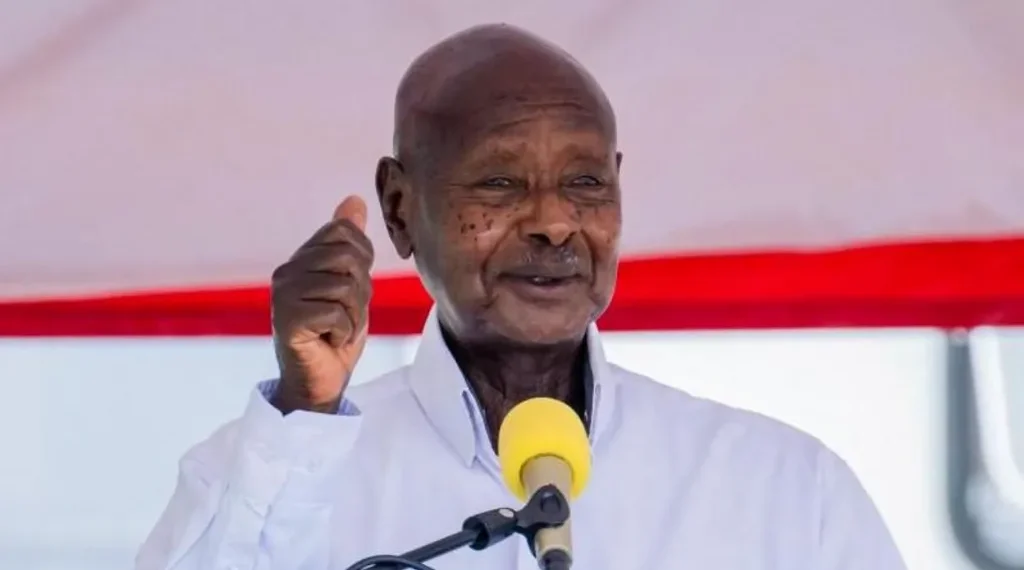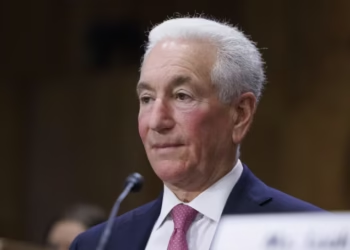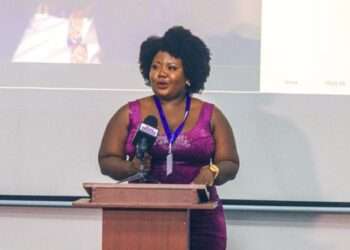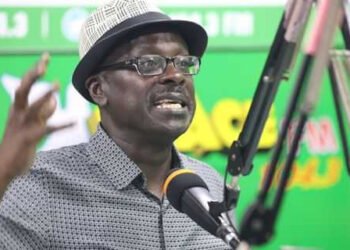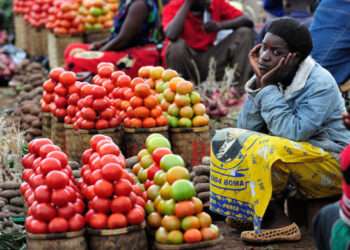President Yoweri Museveni has officially been endorsed as the ruling National Resistance Movement’s (NRM) presidential candidate for Uganda’s upcoming 2026 election, setting the stage for a potential extension of his nearly four-decade rule. At 80 years old, Museveni accepted the nomination with a promise to advance his vision of transforming Uganda into a “high middle-income country.”
Museveni emphasized that the country must not “miss the bus of history as happened in the past when Europe transformed and Africa stagnated and was enslaved.” His pledge includes a push for economic progress and social transformation, claiming that Uganda is on the cusp of a “qualitative leap.”
“Other countries in Asia with less natural resources did it. We can do it.”
President Yoweri Museveni
Museveni has been in power since 1986, having seized control as a rebel leader. Since then, he has won every election, supported by two constitutional amendments that scrapped age and term limits. Critics say his leadership has grown increasingly authoritarian over the years, with accusations of crackdowns on political opponents, civil society, and media freedoms.
Expected to rechallenge Museveni is opposition figure Bobi Wine, a pop star-turned-politician who previously ran against him in the 2021 elections. That race, marred by widespread allegations of rigging and violence, saw Museveni claim victory with 59% of the vote, while Wine, born Robert Kyagulanyi, trailed with 35%.
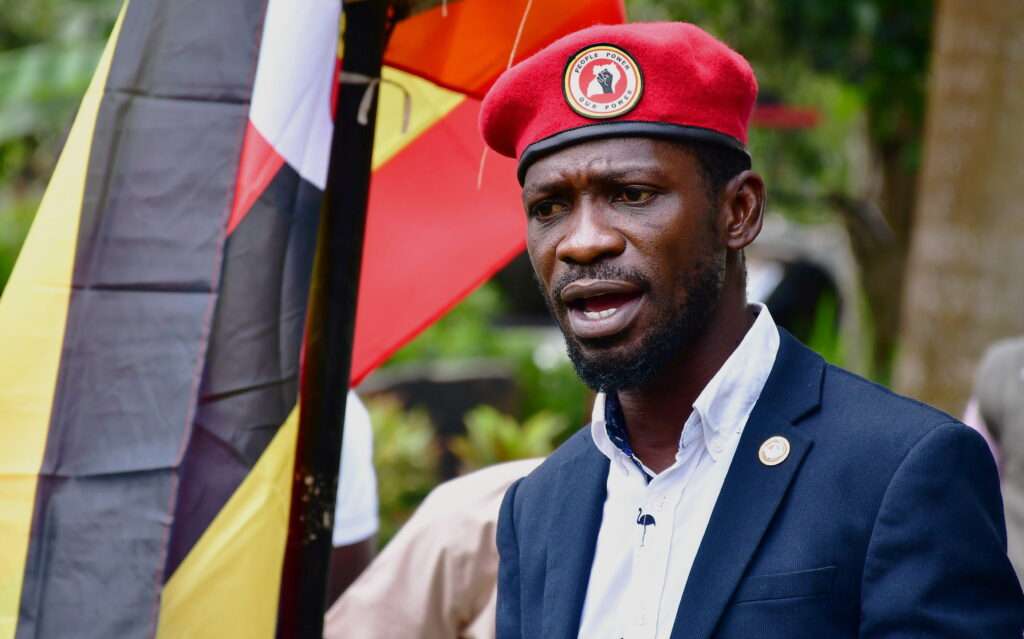
Wine has signaled his intention to run if nominated by his party, the National Unity Platform (NUP). However, he admits the landscape is increasingly hostile to opposition voices. “Being in the opposition in Uganda means being labeled a terrorist,” he said, underscoring the climate of repression faced by dissenters.
Another long-time opposition figure, Kizza Besigye, has remained in detention since November 2024, facing treason charges he denies. His supporters argue the accusations are politically motivated.

While the president speaks of stability and growth, economic indicators paint a mixed picture. Uganda’s GDP is expected to expand by 6.3% in the 2024/25 fiscal year, bolstered by strong agricultural output and rising exports. Yet this economic growth masks underlying concerns. A ballooning fiscal deficit, higher-than-expected public spending, and underwhelming non-tax revenue performance have sparked alarm. May 2025 figures show the fiscal deficit overshot government targets.
Inflation, recorded at a modest 3.8%, is eroding real incomes. Ugandans are grappling with surging prices for basic staples such as maize and beef, putting pressure on already strained household budgets.
Socially, Uganda’s growing and youthful population remains a double-edged sword. With high levels of unemployment and underemployment, young people are increasingly disillusioned and looking abroad for better prospects. The emigration wave is symptomatic of a broader frustration with limited domestic opportunities and perceived systemic inequality.
Political freedoms are also under strain. Restrictions on assembly and expression persist, and accusations of ethnic favoritism and regional marginalization have ignited fears of deepening divisions. Analysts warn that unresolved tensions could escalate into more serious conflict if left unaddressed.
Education Sector Faces Deepening Crisis
Uganda’s education system, once hailed as a vehicle for social mobility, is now in critical condition. Despite policy efforts to widen access, schools face severe shortages of trained teachers and proper infrastructure. Nearly 20% of children at the primary level are not enrolled in school, while dropout rates remain high.
The curriculum remains outdated and misaligned with the demands of the modern economy. Learning outcomes are troubling: more than half of students in Primary Six cannot demonstrate basic reading and numeracy skills. This skills gap poses a serious threat to long-term national development.
As Uganda gears up for a pivotal election, questions linger over how its leadership will respond to the compounding challenges of economic disparity, youth unemployment, declining education standards, and political repression. Whether Museveni’s renewed candidacy signals continuity or further discontent may ultimately be determined at the ballot box.
READ ALSO: Government Halts Heath Goldfields Operations at Bogoso-Prestea Mine

